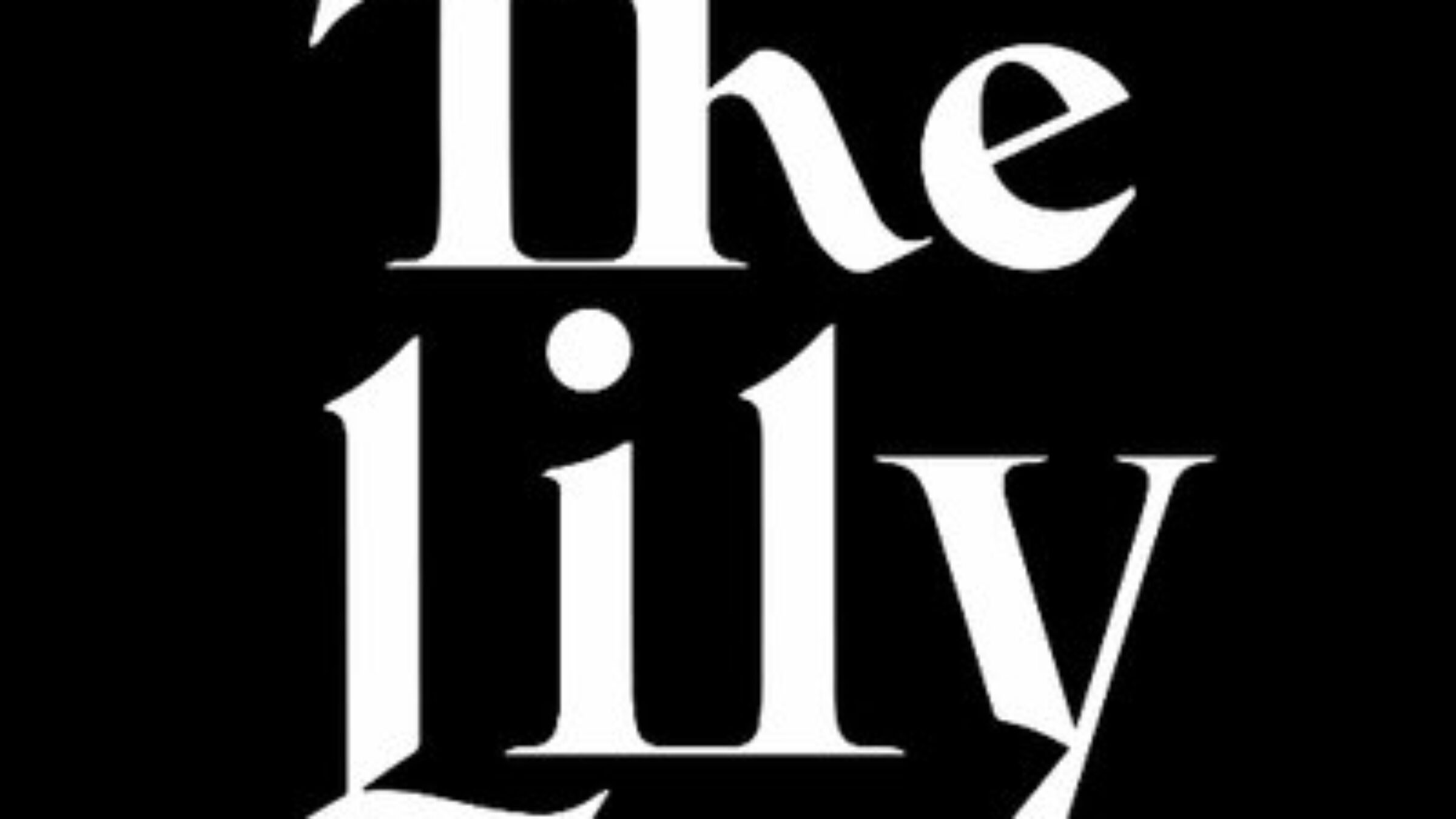We’re legislators from opposite parties. Here’s why we are working together.
March 28, 2018
As two young legislators from opposite parties and different parts of the country, we may not have much in common at first glance.But we both care deeply about government transparency and accountability, and are strong advocates for women’s leadership. That’s why we’re founding members of a new, bipartisan initiative called the Democracy Reform Task Force.

As two young legislators from opposite parties and different parts of the country, we may not have much in common at first glance.
But we both care deeply about government transparency and accountability, and are strong advocates for women’s leadership. That’s why we’re founding members of a new, bipartisan initiative called the Democracy Reform Task Force.
As millennial female legislators, we have seen first-hand how important it is to have more women in government. Research shows that women bring a unique democratic leadership style and are more likely to build consensus and coalition. In state and local elected offices around the country, women like us act as problem-solvers and relationship-builders, working to construct bipartisan alliances. And like us, many of these women are millennials who are passionate about solving issues that affect young people in particular.
The Democracy Reform Task Force, organized by Millennial Action Project, establishes a forum for us to collaborate and share ideas to strengthen our democratic institutions and develop innovative policy solutions with bipartisan input.
Together, working with lawmakers from Ohio to Hawaii, from Kansas to Connecticut, we’ll focus on addressing the isolation felt by young voters through reform on redistricting, access to voting and government accountability.
Gerrymandering, a root of partisanship, contributes to ideological silos that stifle young voices — we need to find fair and balanced ways to draw district lines, opening the door for more voices to be heard. We are also working to modernize voter registration and leverage technology to increase young people’s participation in the democratic process.
Finally, we’re ensuring government is representative of and accountable to all Americans through things like campaign finance reform, ethics reform, and electronic government records.
One thing is clear: if we want to re-engage an entire generation in the democratic process, we need to be tackling these big issues. Millennials are now the largest generation eligible to vote, yet we are not the largest voting bloc — too many among us distrust government and are reluctant to participate at all. In 2016, only 43 percent of 18 to 24 year olds voted, compared to 71 percent of those 65 and older.
But among women, the story is different. Women have long had a strong impact on the ballot box—turning out at higher rates in every election since 1986. And in 2018, a record number of women have announced their candidacy for elected office. Women across the country are stepping up to the plate, and as legislators, we’re rolling up our sleeves to be a part of the movement to fix what’s broken.
It’s time to change our country’s status quo and create a culture of trust, community, and increased civic engagement among young people. Along with our Task Force colleagues, we aim to do just that, by leaning on one another to learn, share, and experiment with bold solutions to fundamental challenges. And by being inclusive of a diversity of perspectives and experiences, we’re prioritizing problem-solving over party politics.
Millennials are the future of American democracy. Working together across party lines, we hope to spark forward-thinking change that makes government more accountable and trustworthy — one that empowers fellow young women and millennials nationwide to make their voices heard.
Stephanie Clayton is a Republican member of the Kansas House of Representatives representing the 19th district. Caroline Simmons is a Democratic State Representative in Connecticut representing the 144th District, and is the youngest female legislator in Connecticut state office.
We’re legislators from opposite parties. Here’s why we are working together. – The Lily
As two young legislators from opposite parties and different parts of the country, we may not have much in common at first glance. But we both care deeply about government transparency and accountability, and are strong advocates for women’s leadership. That’s why we’re founding members of a new, bipartisan initiative called the Democracy Reform Task Force.






Join 1,900+ BIPARTISAN LEADERS NATIONWIDE
Be a part of a network of lawmakers committed to governing effectively, passing more representative public policy, and increasing public trust in democracy.